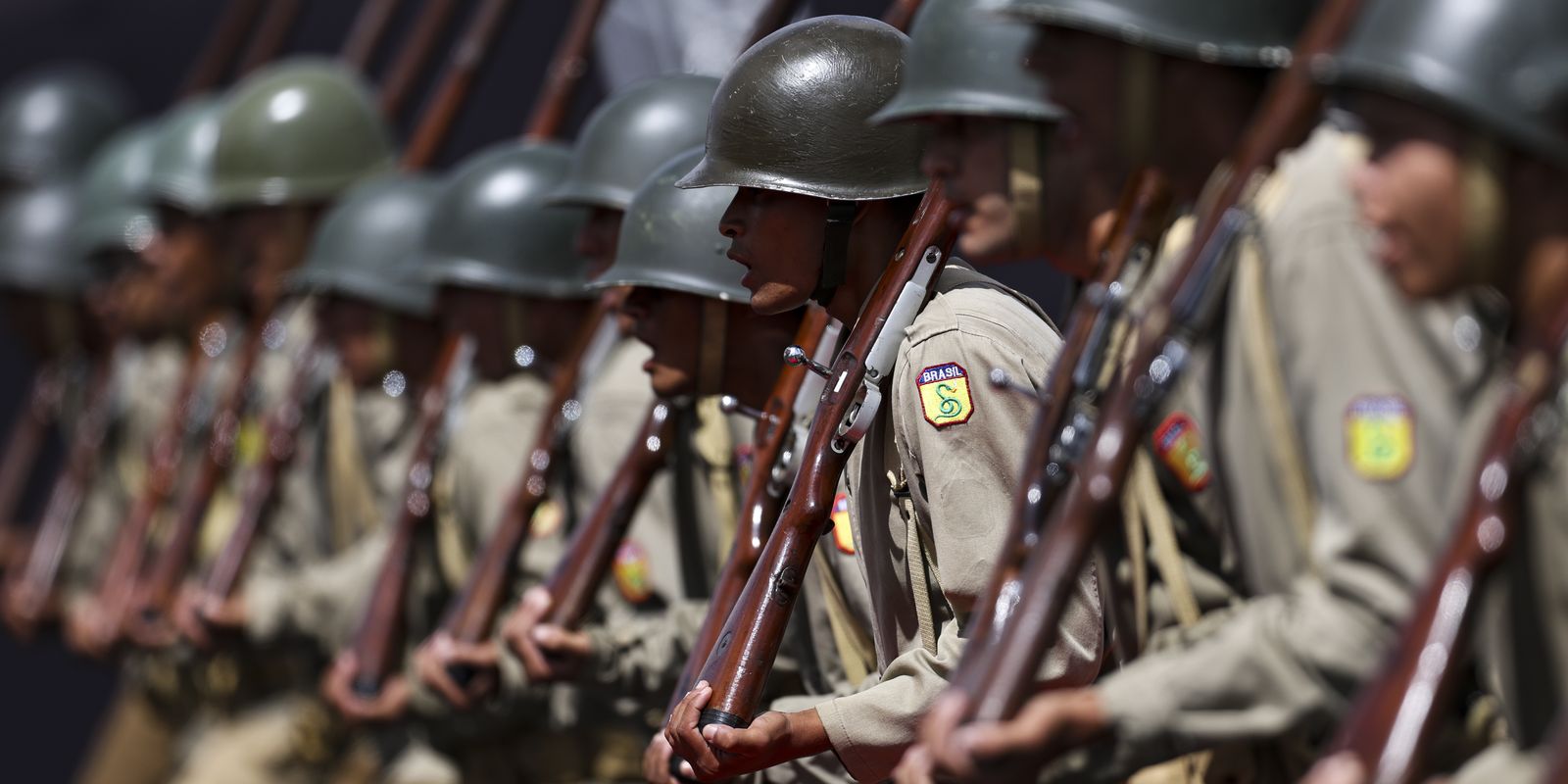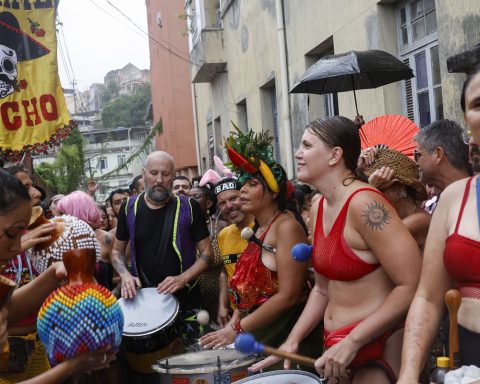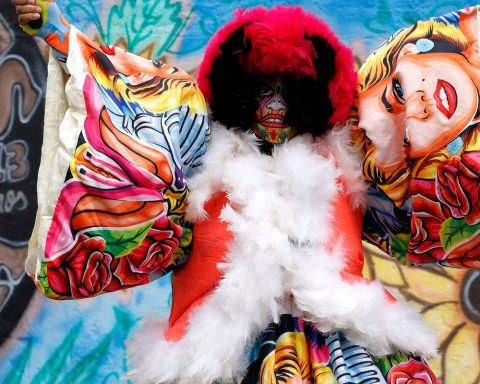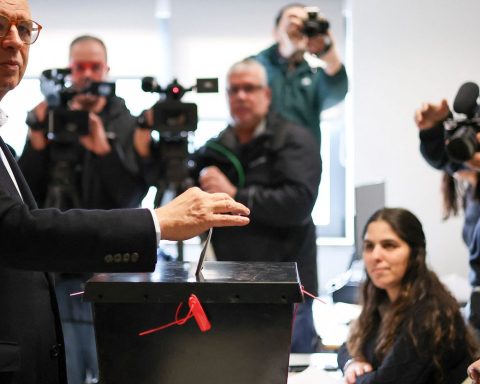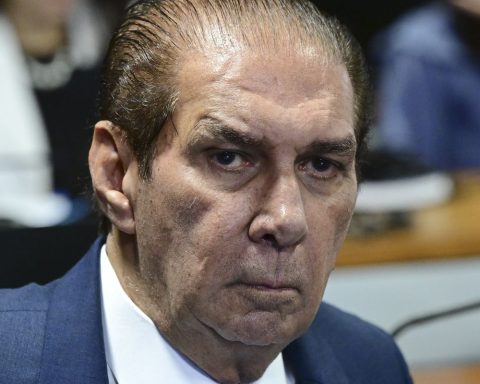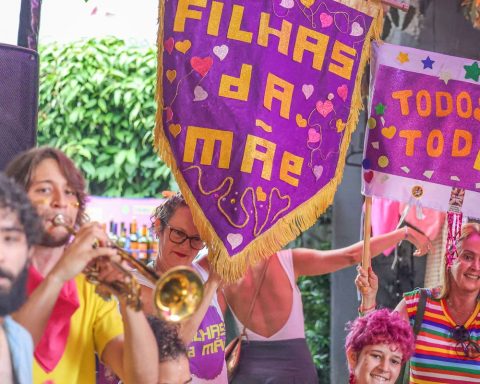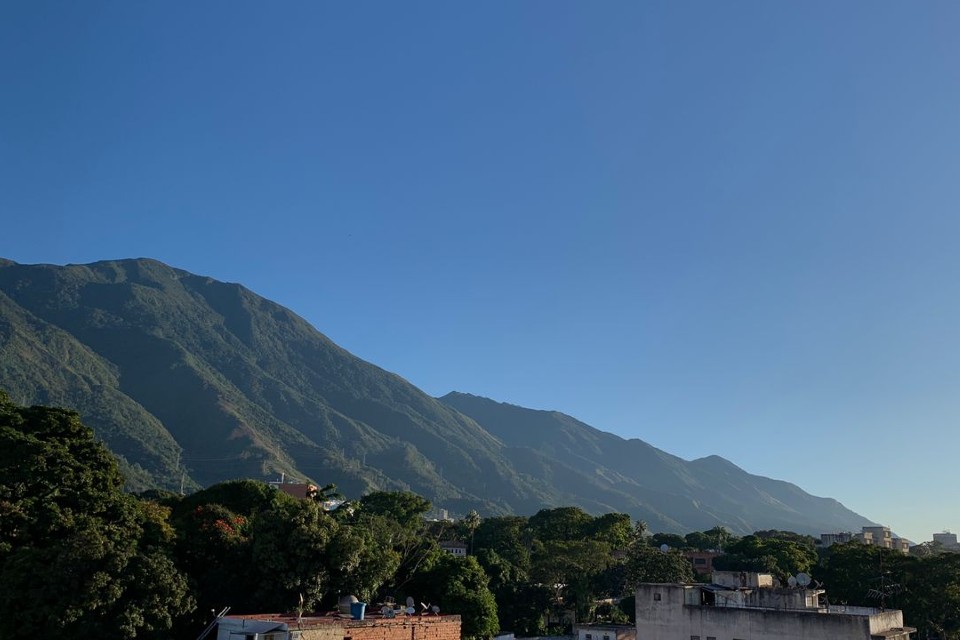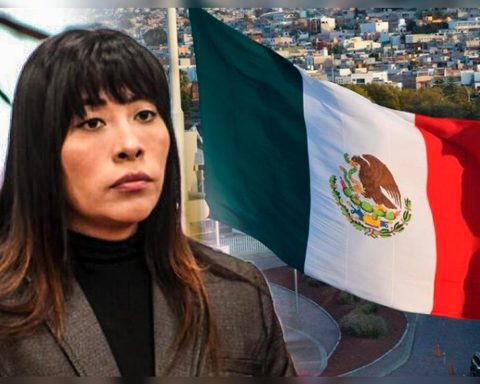Minister Gilmar Mendes, of the Federal Supreme Court, assesses that Brazil needs to “courageously” debate the role of the military in the political arrangement. According to the judge, there are bills underway in the National Congress that could prevent “the militarization of the administration and the politicization of the barracks.”
In a speech about the importance of democracy during a “conversation circle” held last Wednesday (8) at the STF, he defended that new legislation establishes a quarantine period for anyone who wants to leave their career in a public body to run for office. elective positions.
“I reiterate here not only the military, but judges, prosecutors, delegates, police officers and many other administrative staff whose actions cannot be and should not be instrumentalized for political purposes”, said Gilmar Mendes, at an event that marked the two years of the attempt of a coup against democracy.
Those who work in these careers can benefit from publicity common to their activities and enjoy the empathy of public opinion. Evidence of this is the growth of candidacies and politicians elected to the Chamber of Deputies and the Federal Senate who present themselves by linking their name to the rank they have in the military police or Armed Forces.
When they take up their mandates in the National Congress, graduates from these careers become members of the public security benches. In the current legislature, the bench has 56 deputies and ten senators, according to the Inter-Union Department of Parliamentary Advisory. In Diap’s account, the number is 16.5 times more than the bench in the first legislature (1991-1995) after the promulgation of the Federal Constitution, just four parliamentarians.
Elected or occupying public positions, security forces graduates defend agendas such as the end of alternative sentences, reduction of the criminal age and change of the Child and Adolescent Statute, modification of the Disarmament Statute and increased circulation of weapons and ammunition, in addition to failure to adopt body cameras to monitor police operations.
Idyllic visions and yellow-green
In the case of military personnel from the Armed Forces, part of the public opinion perceives them as “people with greater correction or suitable, because some of them have a type of tendency not to alleviate themselves. So: ‘it’s yes or no’, ‘it’s black or white’, there is no gray. They confuse this, a certain obtuse character – or, suddenly, an intransigence – as if this were discipline, as if this were austerity”, says publicist, screenwriter and actor Antonio Tabet, who in the sketches of Back Door embodies “tough types”, such as the militia police officer “Peçanha”.
For journalist Leandro Demori, who presents the program Getting Real with Leandro Demori in TV Brasilthe military benefits from “idyllic visions” of the past and triumphalist feelings considered patriotic, which they call green-yellowism, which mobilized the population in disparate moments such as the suicide of Getúlio Vargas (1954), the civic-military coup (1964), Diretas Já (1984) and the impeachment of Dilma Rousseff (2016).
“[Em] In all these historical moments, a part of Brazilian society, often manipulated by political and military leaders, ends up reclaiming these patriotic symbols. The flag, the anthem, the 7th of September, the proclamation of the Republic, the great heroes of the country”, he told the program Reporting Pathsfrom the TV Brasil.
In the journalist’s opinion, symbols resurface with the promise of rescuing a non-existent past as a solution to social and institutional crises.
Impunity
Instead of the idyllic past of green-yellowism, the history of Brazil features the participation of the Army in different coups d’état, such as, for example, the 1964 coup, which established a dictatorial regime for 21 years. This period is marked by constitutional rupture, state crimes and disrespect for fundamental rights and fundamental guarantees.
Activist, writer and journalist Bianca Santana highlights that the abuses and illegalities committed by military personnel between 1964 and 1985 went unpunished.
“It is a tradition of the Brazilian Army, of the military in Brazil: they were never held responsible for the consecutive coups against the population and against democracy. As long as we don’t hold the military accountable for the crimes they commit, they will repeat it.”
Journalist Juliana Dal Piva, author of the book Jair’s Business: the forbidden history of the Bolsonaro clan (editor Zahar, 2022), agrees that “it is an old problem of ours not to judge military personnel.”
For her, the country makes a mistake by “not reforming the institutions that prepare these soldiers, [e ao] not discuss the entire authoritarian legacy of the dictatorship.”
Christian Dunker, psychoanalyst and professor at the USP Institute of Psychology, also assesses that reforms are necessary and hopes that in the case of the Bolsonarista attempt on January 8th in Brasília, there will be measures against those responsible for the frustrated attempt at yet another military coup.
“We need payment of the symbolic debt for those involved”, he states.
Firm tip
Publicist Antonio Tabet echoes the possibility of amnesty for those who conspired in the insurrection that destroyed part of the STF building, the National Congress and the Planalto Palace. He, however, does not generalize the involvement of the entire Army in the coup plans at the end of the Bolsonaro government.
“We know that the coup did not actually happen because some military personnel were firm. There are a lot of very good people in the Army and the news reports today that the coup did not happen because there were people in there who were aware and did not bend to the interests of a coup minority”, believes Tabet.
Journalist Felipe Recondo, who has covered the Judiciary for more than 20 years in the federal capital, has a similar vision to that of the publicist.
“It is not possible to simplify, treat it as simply something monolithic. Like any institution made by people, there were people for it, there were people against it.” “I think it is necessary to separate what is an institution from what is a part of it or part of the people who are also part of the institution”, adds the journalist to TV Brasil.
Leandro Demori relativizes the importance of these distinctions.
“There is not a single coup in which there was consensus in the Armed Forces. All the coups in the history of Brazil, carried out by the Armed Forces, in partnership with the civil power, were carried out by groups within the Armed Forces.”
“Our big problem is that these military coups, especially starting from the Republic, are seen by Brazilian society – that’s how they were packaged and sold in the big supermarket of ideas – as moments of purification of the Republic”, adds the journalist.
Mature institutions
The director general of the Federal Police, Andrei Rodrigues, insists that it is necessary to “separate the institution from the people. There are some people who deviated from their behavior and who, unfortunately, attempted and participated in a crime”, he says, referring to the PF investigation into the coup plans at the end of the Bolsonaro government.
For him, there was an attempted coup d’état created “by people who should defend the State and defend democracy.” But, “the institutions are mature enough to realize that mistakes of this magnitude can never be reiterated.”
“I always say that democracy, institutions are living beings. We need to nurture them, we need to feed them, we need to care, we need to be vigilant at all times so that institutions remain strong and democracy is preserved”, concludes the general director of the PF.
THE Brazil Agency sent a message, on Monday (6), to lawyer Paulo Bueno, defender of former president Jair Bolsonaro, for a demonstration, but has not received a response so far. The space remains open.
*With interviews by Ana Passos, Marieta Cazarré, Patrícia Araújo and Thiago Padovan, from TV Brasil.
